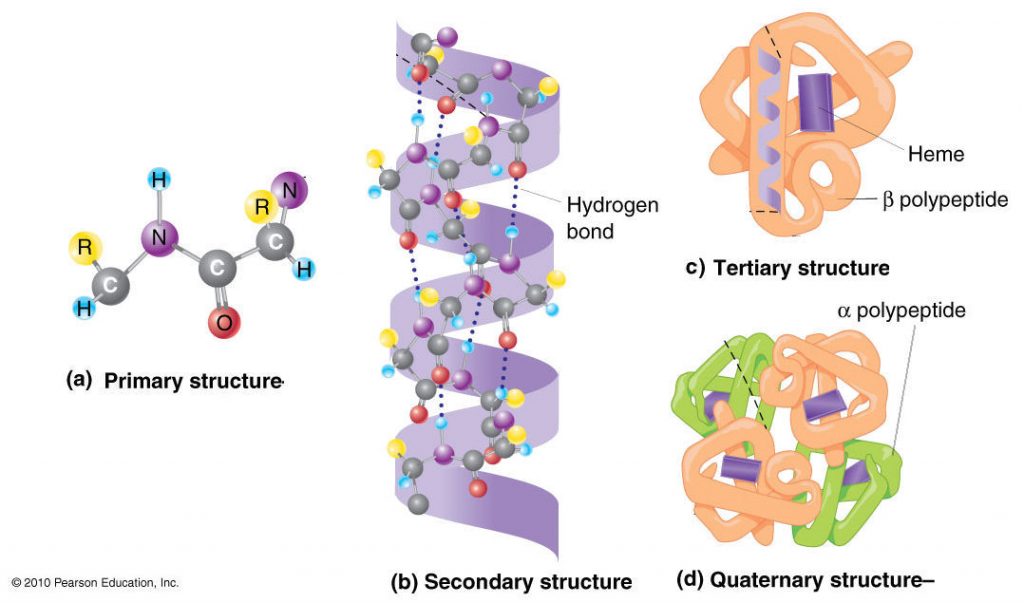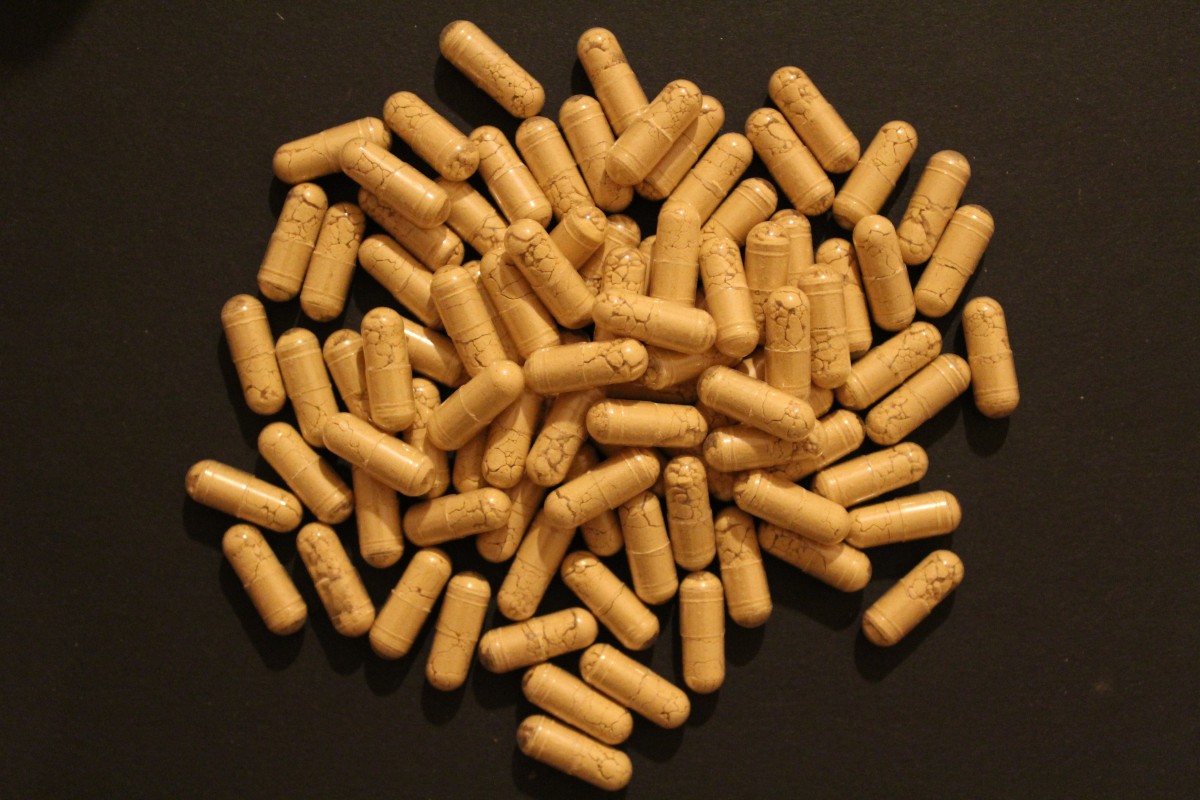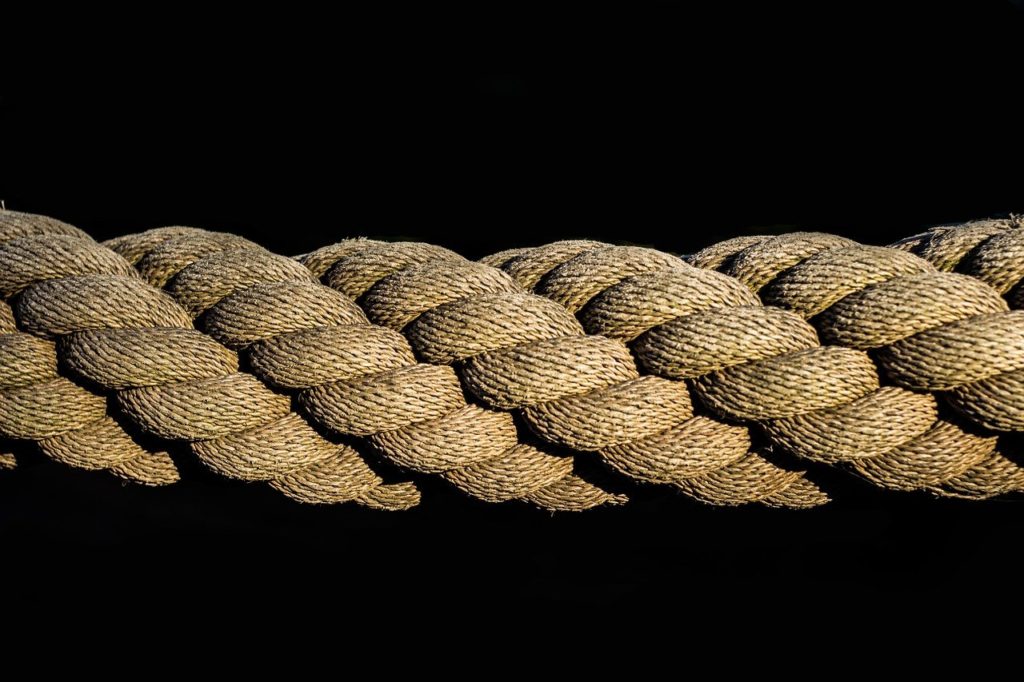If you’re reading this, you’ve probably heard about how collagen supplements are going to keep you youthful, flexible, and as spry as a young deer.
The marketing folk behind collagen supplements must be geniuses, because my friends don’t even ask IF collagen supplements work anymore. They just ask, “WHICH COLLAGEN SUPPLEMENTS SHOULD I BUY?”
To which I respond, “Probably none of them you old bat.” I’m a good friend.

Short Attention Span Sum Up
- Research is mixed, limited, or lacking on whether collagen provides benefits beyond other proteins.
- Amino acids resulting from collagen digestion are the mostly the same as amino acids that come from eating meats and dairy.
- Collagen does have higher amounts of two amino acids used in collagen production: Proline and lysine.
- Your body uses proline, lysine, and vitamin C to make collagen.
- Overall: Save your money and get protein and vitamin C from foods to support the body’s ability to make collagen.
Ok, let’s get into the details for those of you who aren’t lazy and still like to read. Thank you to the two people who actually read this.
Table of Contents
What happens when you eat a protein
I want to explain digestion for two reasons:
1. So you can understand why collagen might not have any magical power when compared to other protein sources.
2. You should understand how your body works for crying outloud! It’s freaking awesome!
Digestion
You just munched and swallowed a meatball. First, your teeth angrily stomp it down into mushy meat-pieces. Then it rides the esophagus waterslide into the acid pool of death known as your stomach.
The stomach starts doing weird, wavy, dance-like muscle contractions to break down the protein. It also uses hydrochloric acid (HCL) to “denature” the protein. This is just a fancy, nerd-term for unravelling the proteins so enzymes can attack them. Below are the different protein structure types, starting with the simplest form and ending with the most complex.

Your small intestine is a big ol’ lazy baby when it comes to absorbing large items. It relies on the breakdown of large proteins, carbohydrates, and fats. Your teeth, stomach, HCL, and enzymes do this so the intestine can sit back and suck up the benefits.
Protein digestion and collagen
Therefore, all proteins are broken down into itty, bitty amino acids. Amino acids are the smallest versions of protein bits that your small intestine can lazily absorb.
Ok whew, still with me?
Soooo…this is why collagen most likely will not have a different effect on your body than other types of proteins. Collagen protein has not been observed to somehow bypass this whole process and arrive in whole form to support your saggy skin areas.
However, one way collagen could provide benefit is the type and amount of amino acids it contains. Specifically, collagen protein contains higher amounts of two amino acids required for building collagen: Proline and lysine.
Which leads me to…
How collagen is made
Protein in general is great for you. It aids in tissue repair, supports the immune system, and acts as the bricks for building everything in your body. Collagen is one of those proteins, found mostly in skin, muscles, ligaments, and tendons.
Warning: I’m about to SUPER simplify how collagen is made. If you want to be sciencey and get into details click on this text. Or you can watch this guy who is AMAZING by clicking on this text.
I’m going to skip all that and use one of my famous analogies. Let’s talk about…rope. Yup, betcha didn’t think the convo was heading that way!
Imagine if the thick braid of rope above was just one strand. On its own, the strand is easily breakable, cut, and won’t withstand a lot of pressure. However, if you braid multiple strands together, you form a strong rope. Basically, this is how collagen is formed.
To start, your body makes collagen strands from amino acids. Then, complex reactions requiring enzymes and vitamin C occur. These reactions cause weak little collagen strands to mesh with other collagen strands and form a strong collagen rope.
And that’s what you want to keep your skin all bouncy and firm! Your joints and muscles strong yet flexible! To sum up, collagen strands are made from amino acids and require vitamin C to form big, strong, collagen ropes of youthful skin and joints.

How important is vitamin C in this process? VERY. A vitamin C deficiency can lead to scurvy, which results in bleeding gums because the body is unable to form these connective tissues.
Therefore, if you are sucking down collagen supplements on the daily, and not consuming vitamin C, you are not going to build collagen.
Issues with collagen research
I was unable to find any systematic reviews or meta-analysis evaluating collagen supplements.
Of the few individual studies showing benefit, there were issues:
- Some studies had small sample sizes, meaning there were not a lot of people involved in the study.
- Many were conducted or funded by companies selling collagen supplements (I’m so shocked).
- Some used supplements that contained collagen and vitamin C, biotin, and other antioxidants. Therefore, the results were worthless because too many variables were introduced.
- It could not be concluded that benefits were caused by collagen supplementation or from overall increased protein intake.
Therefore, research is either lacking, biased, or limited.
Review and recommendations
Review
- Your body breaks down proteins into amino acids. It uses those amino acids to make new proteins, such as collagen.
- Collagen is broken down into amino acids just like any other protein. Collagen does not bypass digestion and deposit itself in your skin or joints.
- Your body makes collagen from amino acids and vitamin C. It cannot form collagen without vitamin C.
- Research supporting collagen’s magical powers is potentially biased, limited, or lacking.
Recommendations
If you’re lazy, busy, don’t like to cook, have a disposable income, and/or hate high protein foods, feel free to purchase your collagen supplements. They are just an expensive version of any other protein supplement with a bit more proline and lysine.
Additionally, if you experienced amazing results from taking collagen and no adverse effects, by all means continue! Not my business!
Otherwise I say, SAVE YOUR MONEY. You’re paying for convenience, not magical results. Additionally, when purchasing a supplement you have to trust that it delivers what it’s claiming to deliver and is not adulterated or contaminated.
It’s much better to increase protein and vitamin C intake by eating whole foods. When you eat whole foods, you’ll also get a variety of important nutrients beyond just one isolated type.
Next are all the “duh, we’ve heard this so many times before” recommendations for healthy skin, bones, and joints. Why do you think you’d heard them so many times? Because they work and research supports them!!!
- Get 7-8 hours of sleep every night
- Exercise regularly
- Eat 5-8 servings of fruits and vegetables daily
- Reduce refined sugar and processed food intake
- Practice stress management
The end.














